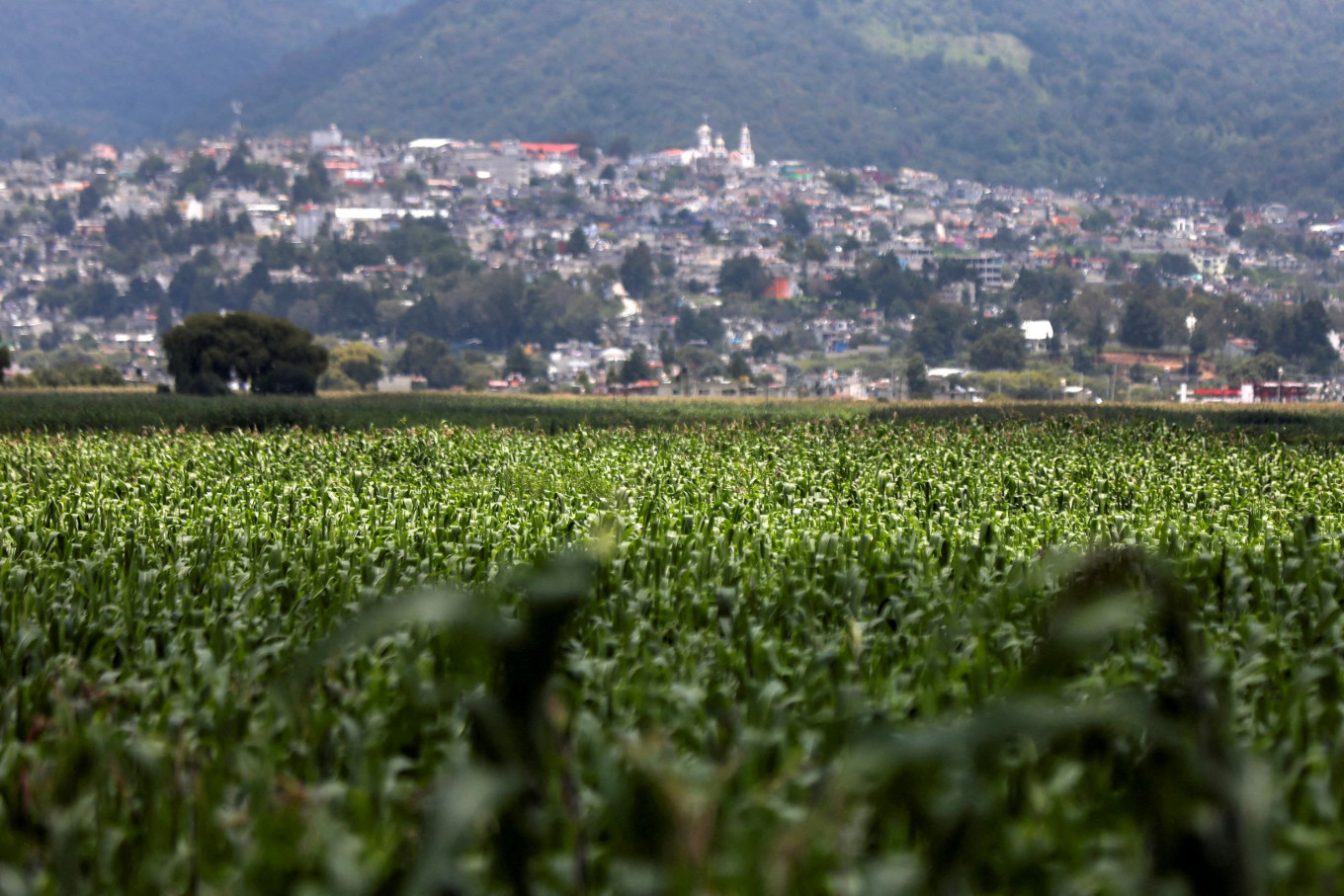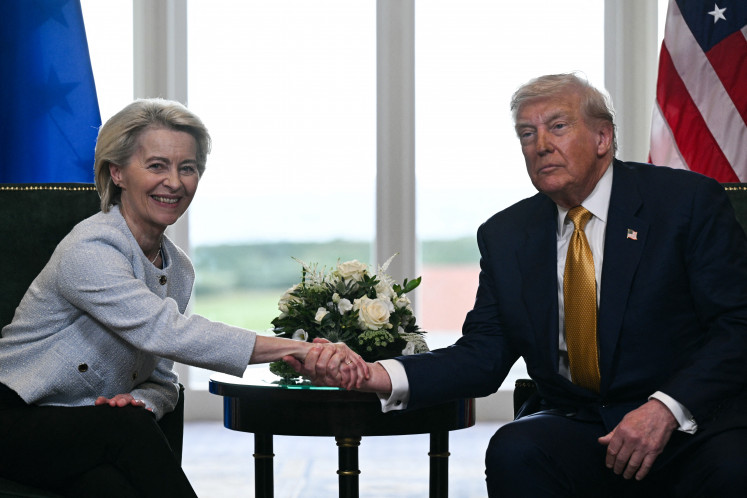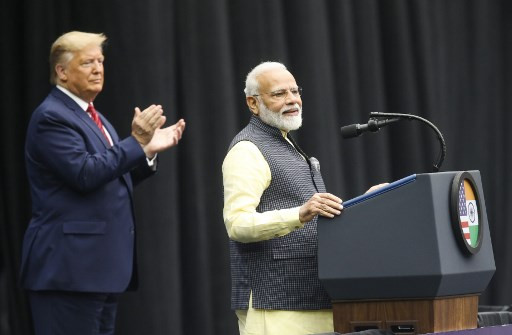Popular Reads
Top Results
Can't find what you're looking for?
View all search resultsPopular Reads
Top Results
Can't find what you're looking for?
View all search resultsUS demands Mexico explain science behind GMO corn ban
Change text size
Gift Premium Articles
to Anyone
T
he new US agriculture trade chief on Thursday told Reuters that he has given Mexico until Feb. 14 to respond to a US request to explain the science behind Mexico's planned bans on genetically modified corn and glyphosate herbicide.
Doug McKalip, the US Trade Representative's (USTR) new chief agricultural trade negotiator, said that Mexico's response will help the trade agency decide next steps in its quest to resolve a long running dispute over Mexico's biotechnology agricultural policies.
This could include escalating the dispute settlement process under the US-Mexico-Canada Agreement (USMCA) on trade, he said. The dispute threatens to disrupt billions of dollars worth of corn trade between the United States and Mexico.
The US request came in a previously unreported letter sent by the USTR on Jan. 30 to Mexico's economy ministry seeking scientific evidence behind the bans and risk assessments backing the decisions, which are required under the trade agreement launched in 2020.
Mexico "rejected 14 separate agricultural product traits that were submitted to them and they did not provide any justification," McKalip told Reuters in his first news media interview since his US Senate confirmation on Dec. 23.
"We want to make sure that they do the science, show their work, and make decisions based upon risk assessments."
The US request comes just days after McKalip and other USTR officials met with Mexican officials and voiced "grave concerns" over their biotechnology approach, warning that they may take formal steps to reinforce trade rights under USMCA.
The letter marks a legal step in this direction, and further steps include seeking formal consultations over the dispute or asking for a dispute settlement panel to determine whether Mexico's policies violate the trade deal.
"We'll see what those responses contain. And then, based upon where we are in that process, figure out next steps to try to resolve the situation," McKalip said. "We are very much laser-focused on this."
Mexico's economy ministry had no immediate comment on the US request.
The two North American trade partners have been at loggerheads over a decree issued by Mexican President Andres Manuel Lopez Obrador in 2020 that sought to phase out imports of genetically modified corn for human consumption and the herbicide glyphosate by 2024.
Mexico is one of the biggest buyers of US corn, with American farmers sending about 17 million tonnes of mostly GMO yellow corn to Mexico annually, the majority of which is used for animal feed. Mexican officials have said they will keep importing GM corn for animal feed.
In December Mexico offered to delay the ban's implementation until 2025, but McKalip, who previously served as the top trade adviser to US Agriculture Secretary Tom Vilsack, said delays and more exceptions would not resolve "the underlying problem, which is that the science ought to drive the decisions on these products."
He said such statements were likely aimed at reassuring US producers that Mexico "intends to be a reliable buyer" and to avoid food supply chain disruptions.
McKalip, who also helped lead the US Department of Agriculture's Animal and Plant Health Inspection Service, added that while the ban is not due to start until 2024, it is affecting US farmers' planting decisions now for some products.
"There are new products that contain sustainability traits, things that would help farmers be more productive," he said. " But they have the problem of making the decision to utilize those products if there isn't a guarantee of access in the Mexican market."










